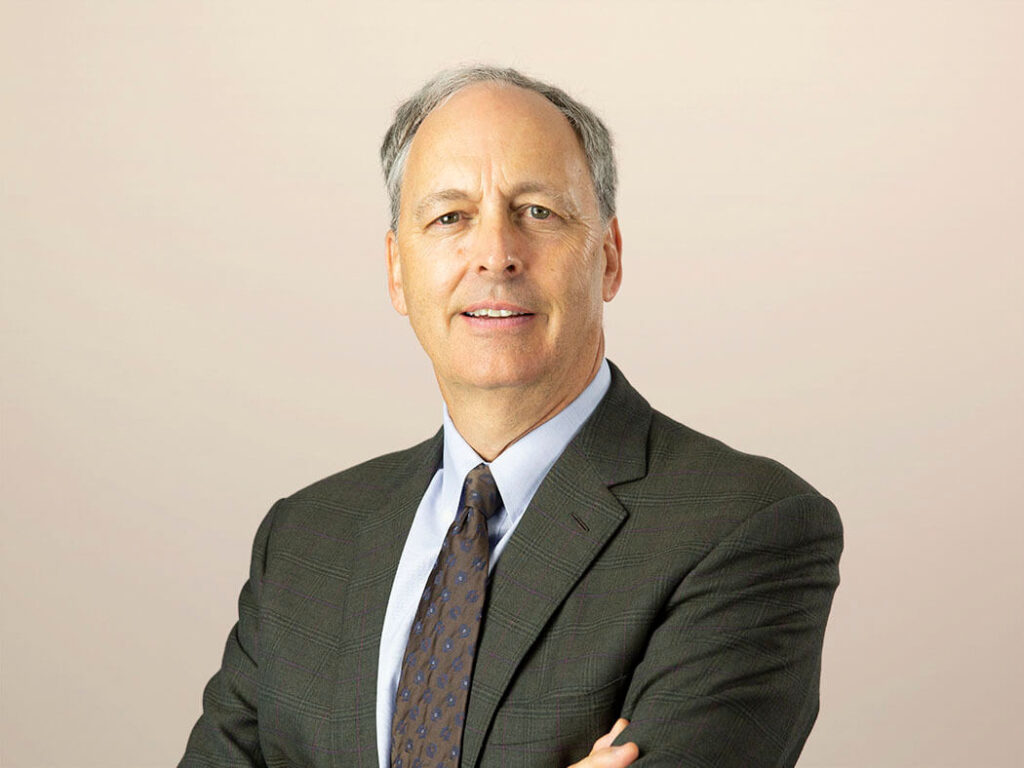My Notes From Davos 2011
 Sorry for the long post. Here are my quick, random takeaways from this year’s World Economic Forum in Davos. I hope you find this helpful…
Sorry for the long post. Here are my quick, random takeaways from this year’s World Economic Forum in Davos. I hope you find this helpful…
- European leaders felt activist, energetic, and up to the task of cleaning up their economies. David Cameron, prime minister of the UK, came off as decisive and vital. He’s got a vision (make Britain more competitive, balance the budget, revive the country’s export economy), and he’s hell-bent to get there. I found him refreshing after the fuzziness of American politicians. Sarkozy of France and Medvedev of Russia also came off as forceful, opinionated leaders. Sarkozy was defending the euro (“We will never, ever let it fail”) and kicking the bankers. Medvedev was soliciting investment in Russia…
- The media cognoscenti believe the final nail in the coffin of newspapers will be local advertising going online. Believe it or not, that nail may be pounded by AOL…
- When you meet a former president of the United States, don’t make the mistake of calling him by his informal first name…you’ll get a dirty look. Remember, it’s “Mr. President.”
- Two years ago the negative nabobs of Davos were predicting double dips and potential depression. The elite love to draw straight lines — they presume that whatever is happening now will happen tomorrow. So almost nobody saw the recovery of the past 18 months.
- Paranoia about China was seeping out of the walls. Unlike in years past, the Chinese were much in evidence — lots of press from China and a sprinkling of government ministers and businesspeople. As one Chinese executive said to me: “…1.2 billion consumers means something.” More about this in my next post…
- Old energy ain’t going away. A panel of oil company executives and energy ministers were blunt: 1) Despite the BP debacle, they will drill in deeper and deeper water — that’s where the oil is. 2) Nuclear is a “sovereign” business — meaning that it won’t get built out unless federal governments are backing and pushing. 3) Higher inflation and capital costs will restrict renewables — “We’re not doing it unless we can make a profit.”
- MIT held a very cool session on renewable energy — a big focus of Susan Hockfield, the president. MIT is not focused on quirky, nitchy solutions — it is are putting its resources toward new energy sources that can serves billions of people. And MIT doesn’t want to propose solutions that require big infrastructure changes — that will be untenable. At the session, Tom Friedman predicted that there won’t be a chance for an energy bill in the US until 2013. But it wasn’t all hopeless — he had a great quote: “The saving grace in the US is that some people don’t get the message and just keep inventing and innovating despite the conventional wisdom and gloomy political environment.” Susan calls the young people in this mode the “Y-nots.” The MIT wonks believe that the sun is the ultimate game changer — and that lower-cost, high-output photovoltaics and new organic fuels (like algae) are showing promise…
- Great lunch on innovation. One professor said the idea that the US government hasn’t funded innovation in the past is hogwash. ARPANET, the space program, and military research have been massive stimulators of innovation and invention in the US. The group, which included a child psychologist, didn’t believe that the Tiger Mom approach to child-rearing would produce innovators — free-play in children is required. No one believed that China would contribute breakthrough innovations — tactical yes, iPhone no. Niall Ferguson, author of The Ascent of Money said that the West had six killer apps that enabled it to race ahead of the East after 1750: 1) competition, 2) science, 3) creativity and the protection of intellectual property, 4) modern medicine, 5) the construction of a consumer society, and 6) a strong work ethic. China will copy five of the killer apps but will not get there on the IP front. The US has been able to be innovative because the cost and cultural consequences of failure are low. In Europe and the East, failure is much less tolerated.
- Larry Summer is still my favorite economist. He thinks that faster growth is coming, despite the negative chorus of his brethren. Here are some great Larryisms: “Yes, healthcare is expensive. But if you ask people to choose between a 1950 lifestyle with 2011 healthcare or a 2011 lifestyle with 1950 healthcare, most would choose the former.” On a big challenge ahead: “In the US where are the jobs for ordinary, motivated people going to come from?” On the overpayment of financial services players: “Nowhere in the Constitution is it written that hedge fund managers should all get paid 20% of profits. We need more competition in financial markets.” When asked about China, he had this comment: “In the 1950s, the worry was Russia. In the 1980s, it was Japan. Watch out for the over-veneration of autocratic, technocratic elites. Autocracy will work for a while, but eventually the autocrats will make a big mistake. I will bet on democracy over autocracy any day. Democracy is a check on disastrous decisions.”
- I helped run a session on Smart Computing — the idea that the physical world will get connected to the digital world through sensors, small computers, switches. We built the three rules of Smart: 1) it must be person-centric (honoring privacy and personal security); 2) it should be standardized, so large networks can be built; and 3) it should be highly dependable (hey, if you’re going to run the electrical grid this way, it better always, always work).
- I was involved in a session for government leaders on technology. They are completely spooked by WikiLeaks. A cabinet minister of the Zimbabwean government said the prime minister of that country may be charged with treason because he was identified in WikiLeak documents as cooperating with the US to try to get rid of Mugabe.
- Tim Geithner, the US treasury secretary, was interviewed by Charlie Rose. I’ve never been exposed to the guy, but he seemed tentative, nervous, twitchy. Is this guy in over his head? David Cameron, the rather energetic and passionate UK prime minister spoke before him — and this made Geithner look all the more out of his league. He kept saying that he was “…optimistic about the US economy,” but his tone, body language, and expression weren’t making anyone in the audience believe him. I don’t think he did much to stoke confidence in the US.
Hope this gives some feel for the zeitgeist of the week.
George
